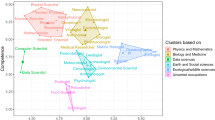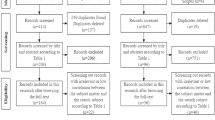Abstract
WHILE it is true that Prof. Dingle1 and I can finish this discussion in private, it seems to me there is a public importance in differentiating the two schools of thought. One school claims that science is an historical phenomenon produced by human beings in their handling of the world of which they are parts, a social practice with technological, experimental and theoretical aspects all interlocking and interdependent. Scientists it sees as individuals consciously or unconsciously fulfilling the social purpose of science even when they are personally interested only in developing its logical framework. I agree with that view of science.
This is a preview of subscription content, access via your institution
Access options
Subscribe to this journal
Receive 51 print issues and online access
$199.00 per year
only $3.90 per issue
Buy this article
- Purchase on SpringerLink
- Instant access to full article PDF
Prices may be subject to local taxes which are calculated during checkout
Similar content being viewed by others
References
NATURE, 135, 793; May 11, 1935.
Author information
Authors and Affiliations
Rights and permissions
About this article
Cite this article
LEVY, H. Philosophical Interpretation of Science. Nature 135, 878 (1935). https://doi.org/10.1038/135878c0
Issue date:
DOI: https://doi.org/10.1038/135878c0



